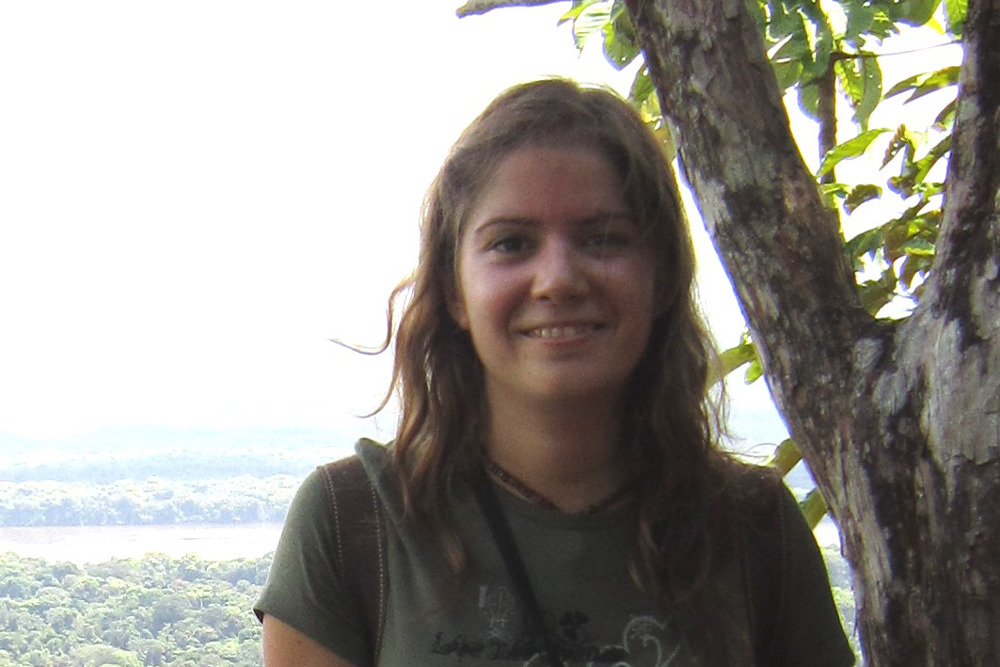Sara Albuquerque

Science: Studies of History, Philosophy, and Scientific Culture
Contact:
sma@uevora.pt
Biography
Sara Albuquerque completed her PhD in History of Science at the University of London in 2013. She is currently a researcher at the IHC — University of Évora. She previously worked, as a researcher, at the Natural History Museum in London and the Royal Botanic Gardens Kew. She has received two awards, an honor (Honorary Research Associate, Kew) and is a fellow of the Linnean Society of London.
She works in the areas of natural sciences and humanities, with particular interests in: history of science, natural history collections, museology, material culture, botany, ethnobotany, economic botany, networks of knowledge, and cross-cultural encounters.
Research fields
- History of science
- Natural history colections
- Material culture
- Ethnobotany
Selected publications
- Albuquerque, Sara. “Glimpses of British Guiana at the Colonial and Indian Exhibition, 1886,” Culture & History Digital Journal 5 (2016): e010. DOI: http://dx.doi.org/10.3989/chdj.2016.010 [PDF]
- Albuquerque, Sara. ““Flower of Aristolochia gigas var. sturtevantii used as a hat by a native of British Guiana” – a photograph from Everard im Thurn at the Royal Botanic Gardens, Kew,” Archives of Natural History 42 (2015): 355-356. [PDF]
- Albuquerque, Sara. “Watercolours of orchids native to British Guiana at the Royal Botanic Gardens, Kew, attributed to Hannah Cassels im Thurn (1854–1947),” Archives of Natural History 39 (2012): 344-347. [PDF]
- Albuquerque, Sara, R. K. Brummitt & Estrela Figueiredo. “Typification of Names Based on the Angolan Collections of Friedrich Welwitsch,” Taxon 58 (2009): 641-646. [link]
Main projects
- Coordinator of the project “KNOWledge networks in 19th century AFRICA: A Digital Humanities approach to colonial encounters and local knowledge in the narratives of Portuguese expeditions (1853-1888)” — Hosted by the IHC — University of Évora and funded by the Foundation for Science and Technology (2022.01599.PTDC).
- “Botanical Exchanges and Networks of Knowledge: Friedrich Welwitsch’s African Expedition – Iter Angolense (1853 – 1860)” — Individual postdoctoral project funded by the Foundation for Science and Technology (SFRH/BPD/108236/2015) and supervised by Maria de Fátima Nunes. [link]
- “Cross-Cultural Histories of Tropical Botany in Latin America” — PhD thesis presented at the University of London, supervised by Luciana Martins (Birkbeck, University of London) and Christopher Mills (Royal Botanic Gardens, Kew). Individual PhD project funded by the Foundation for Science and Technology and the Arts and Humanities Research Council (UK). [link]
- Researcher in the field project “Living objects, beyond Museum walls – Field trip do Guyana, South America” — Coordinated by Luciana Martins (Birkbeck, University of London) and funded by the Arts and Humanities Research Council (UK). 2016-2019 [CDA 08/329]
Search
Events
março, 2026
Tipologia do Evento:
Todos
Todos
Colloquium
Conference
Conference
Congress
Course
Cycle
Debate
Exhibition
Launch
Lecture
Meeting
Movie session
Open calls
Opening
Other
Presentation
Round table
Seminar
Showcase
Symposium
Tour
Workshop
- Event Name
seg
ter
qua
qui
sex
sab
dom
-
-
-
-
-
-
1
2
3
4
5
6
7
8
9
10
11
12
13
14
15
16
17
18
19
20
21
22
23
24
25
26
27
28
29
30
31
Não Existem Eventos
News
VINCULUM — An end and a new beginning
Feb 24, 2026
FCSH hosted the closing session of the VINCULUM project
In March, Lisbon becomes the Capital of International Intrigue
Feb 21, 2026
Between 2 and 31 March, at the Portuguese Cinematheque
Anita Buhin is on a research mission in Italy
Feb 20, 2026
She is now a Visiting Researcher at CAST, University of Bologna
CONTACTS
WORKING HOURS



